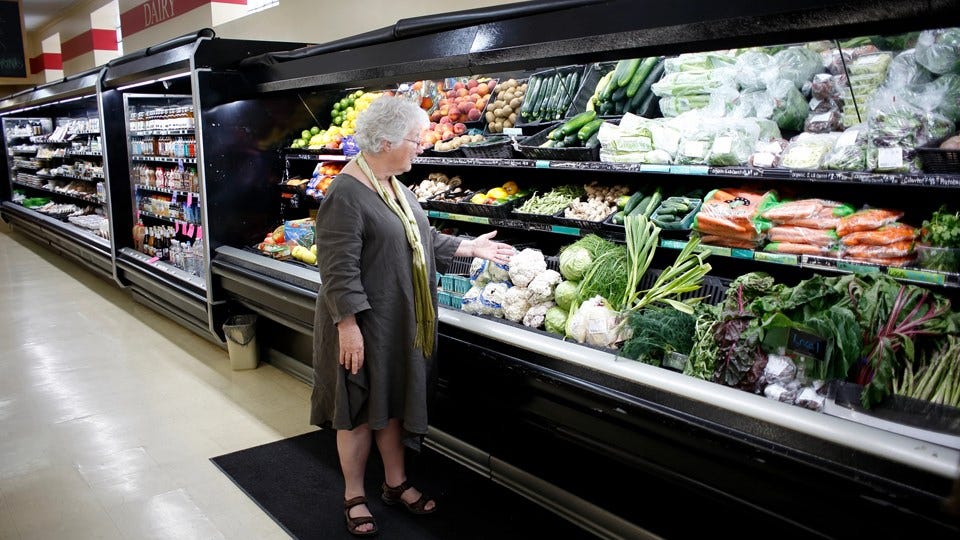IU Study Suggests Food Insecurity, Isolation is Connected Among Seniors
 Lost River Market and Deli in Paoli (photo courtesy of Eric Rudd
Lost River Market and Deli in Paoli (photo courtesy of Eric Rudd
Subscriber Benefit
As a subscriber you can listen to articles at work, in the car, or while you work out. Subscribe NowResearchers at Indiana University have been studying factors that prevent older people from accessing food. The university says its study, conducted by the Sustainable Food Systems Science Initiative in partnership with the IU Center for Rural Engagement, held 10 public discussions in 2019 in Crawford, Greene, Lawrence and Orange counties to better understand food provisioning methods.
The study indicates a dramatic decrease in the reliance on restaurants and food directly received from farmers, as well as a corresponding increase in provisioning from grocery stores and delivery services. Despite the increase, the frequency of provisioning decreased, from multiple times per week and weekly to biweekly and monthly food provisioning.
IU’s research also indicates an increase in loneliness among seniors due to the COVID-19 pandemic.
“The jump in loneliness indicators with the onset of the pandemic was perhaps the most concerning finding,” said Dan Knudsen, professor emeritus in the IU Bloomington College of Arts and Sciences’ Department of Geography. “The sharp increase in feelings of isolation may speak to a need for a concerted mental health push this winter, a season that is bad generally for seniors, and with the prospects for a ‘twindemic’ may be devastatingly so.”
To further assess the impact of the COVID-19 pandemic, IU says the researchers surveyed 5,000 households in lower-income census tracts across Crawford, Greene, Lawrence and Orange counties during April, May and June of this year.
According to the study, IU says seniors reported that living alone decreases their motivation to prepare balanced meals and reduces joy from eating.
IU says the study indicates seniors who live with children or grandchildren and eat together with families eat better overall.
“Congregate meals, like those offered at senior centers or churches, where people can share a meal and engage socially with others, are hugely appreciated by the seniors we interviewed,” said Phil Stafford, project partner of Commons Planning Inc. “However, many communities have seen these meals dwindle, and even regular meal services like Meals on Wheels have reduced deliveries to frozen meal packs twice a month in some areas.”
The study suggests transportation and fixed-income are additional barriers to food access for older rural residents.
IU says the study will end this summer with a series of workshops to help researchers form strategies to relieve food insecurity among seniors in the region.
